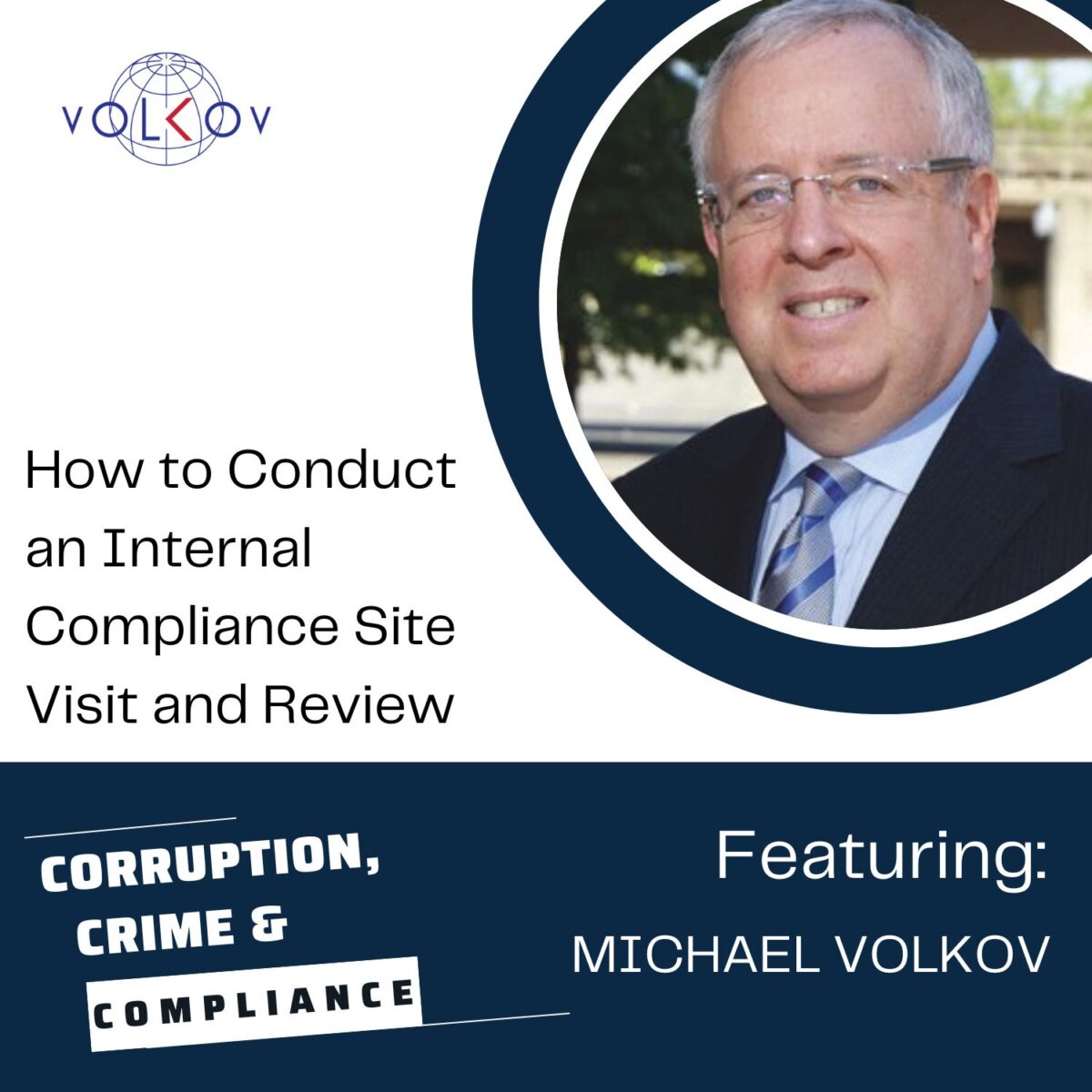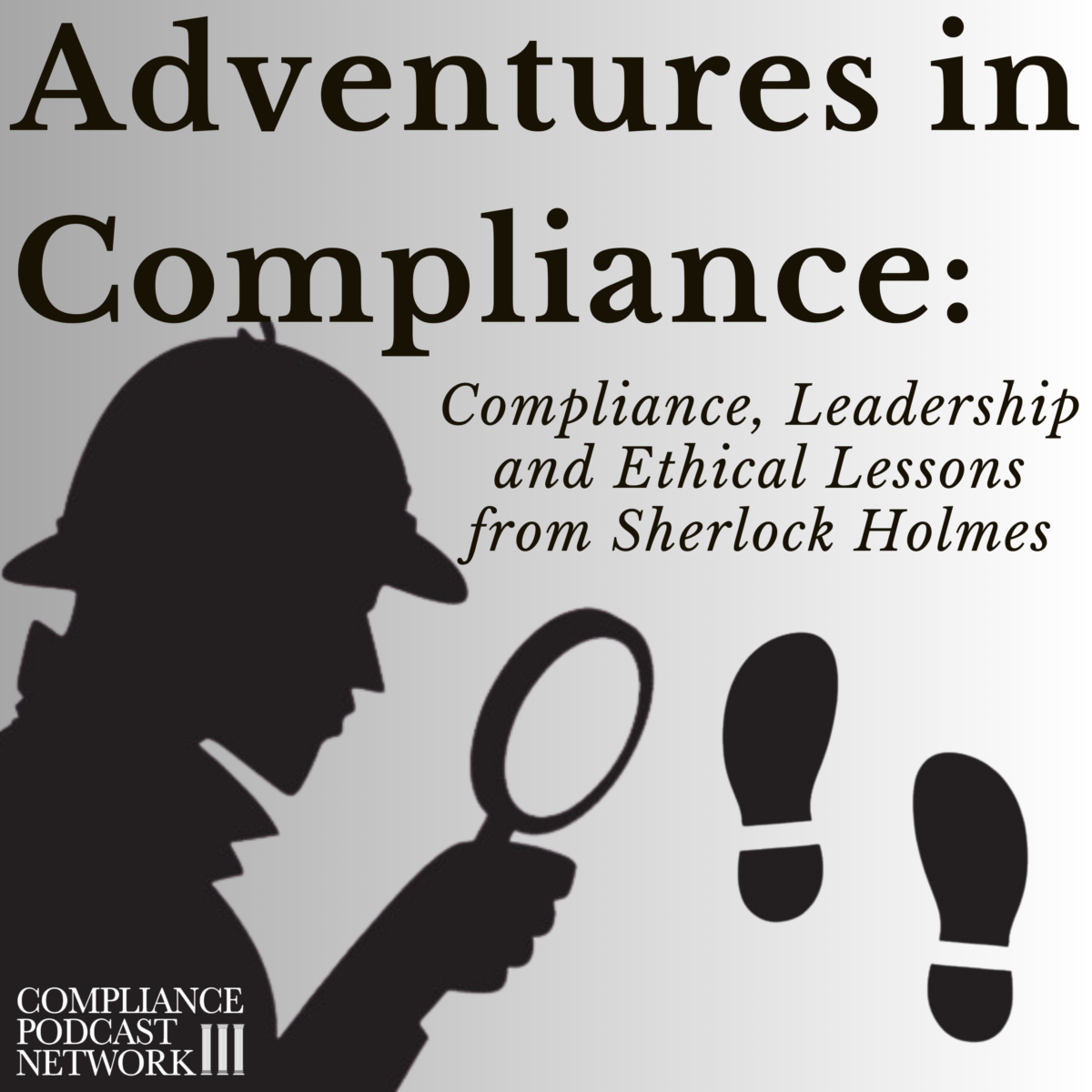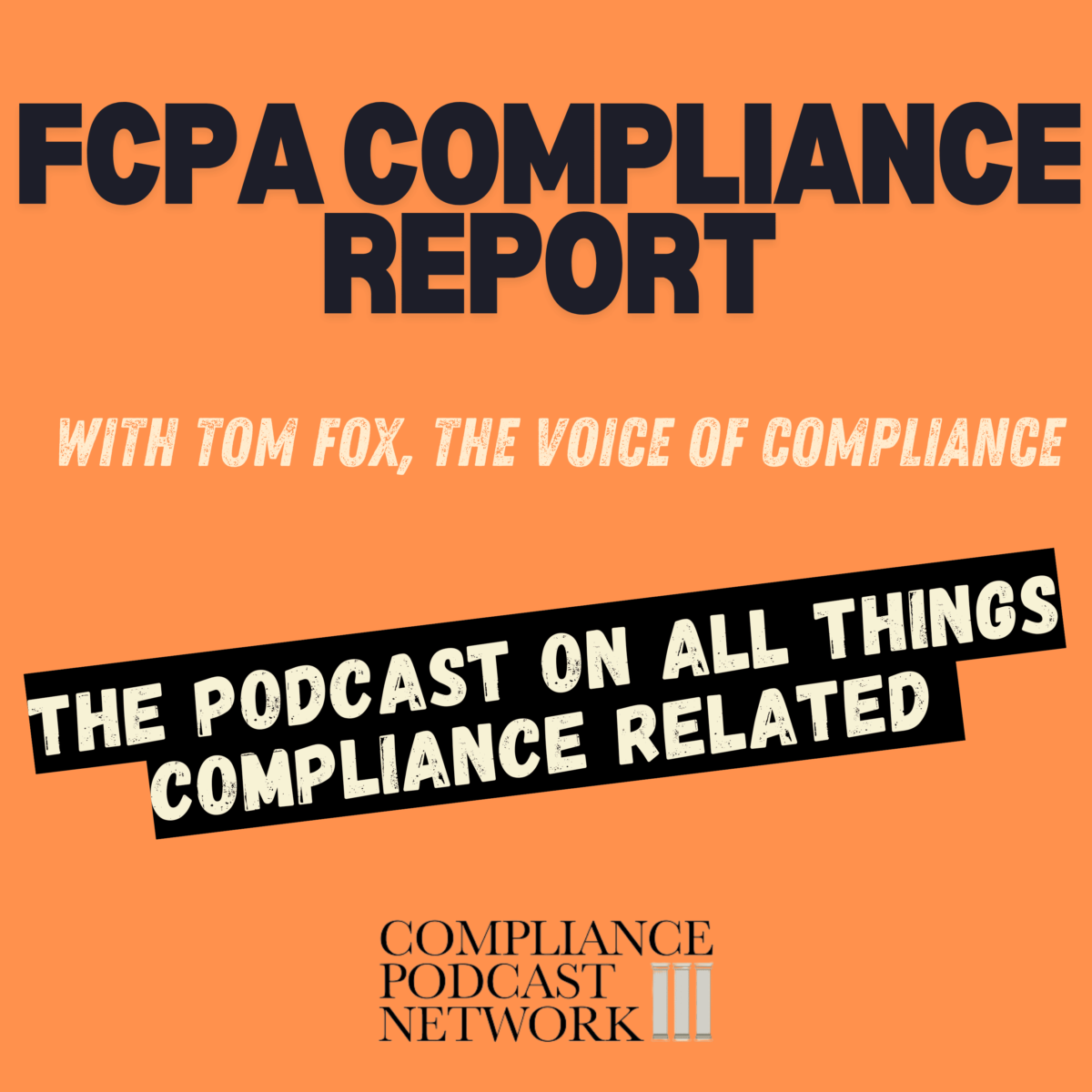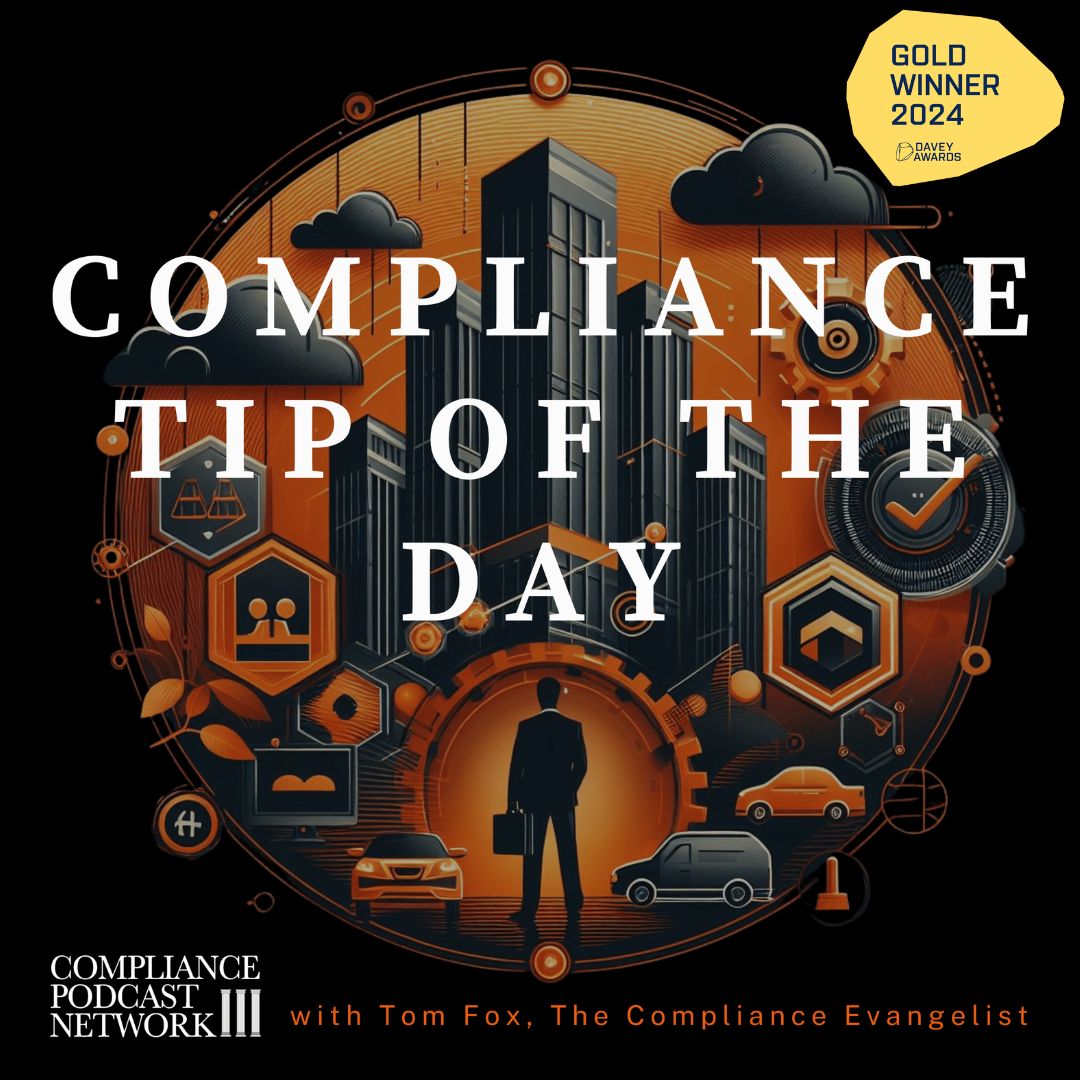Riskology by Infortal™ is coming to you this week from the GRC Risk Conference in London.
Join host Ian Oxnevad as he discusses the intersection of AI and Risk with the CEO of BABL AI, Shea Brown. Their discussion covers several dynamics of AI development and implementation in the context of the growing global risk landscape and the challenges posed by autonomous decision making.
Overview of BABL AI:
BABL AI conducts comprehensive evaluations of your company’s algorithms, assessing ethical, safety, compliance, liability, and reputational risks. BABL AI employs Certified Independent Auditors to ensure your AI systems comply with the ever-changing AI regulation landscape. They are at the forefront of performing risk and impact assessments in the AI space.
BABL AI employs a detailed methodology for identifying and mitigating AI risks that draw from humanistic fields of law and philosophy. By thoroughly mapping how AI systems interact with human stakeholders, companies can more effectively identify specific risks.
Overview of Infortal™ Worldwide:
Infortal™ Worldwide provides the full suite of due diligence investigation services to support your company’s risk management program and investment due diligence process. This includes investigation capabilities in over 160+ countries worldwide.
For over 35 years, Infortal™ has enabled clients across all industries to mitigate their business risks and protect employees and assets globally.
Infortal™ Worldwide is also at the forefront of examining how geopolitical risk can impact strategic decision-making, the long-term sustainability of your business, and the potential downstream impact on key partners and suppliers.
Infortal™ Worldwide focuses on solving risk before it starts.
Risk Management & AI
AI introduces new dimensions of risk to the ever-changing risk management landscape by extending the reach of malicious actors.
Fortunately, as Shea Brown points out, defenders against attacks can also benefit from AI. In fact, companies are increasingly integrating AI into their risk management strategies, which reflects a broader trend towards digital transformation across industries.
AI-based risks, however, are complicated by the fact that there are an increasing number of use cases for new AI technology. For example, there are new vulnerabilities in the fields of autonomous vehicles, facial recognition, and resource distribution. Companies can no longer ignore the building AI revolution.
To prevent disaster, companies must carefully review their risk exposure to outside actors using AI and from challenges created by using the technology in house. During and soon after implementing AI solutions, it is important to gain a deep understanding of how the new technology will impact existing systems and processes.
AI-audits provide a great mechanism to ensure that any new tech is up the requisite standards and increases transparency to relevant stakeholders.
Buyer Beware
The market is becoming saturated with seemingly revolutionary solutions in the risk management space. However, increased investment in this space does attract bad actors offering subpar or worse, even fraudulent solutions.
This makes it important to know who is behind the companies you are considering buying from or partnering with. Conducting deep level due diligence on the companies and partners you plan to do business with in the AI space is important to make sure you are onboarding enhancements and not detractors from your bottom line.
AI and the Human Element
In the world of AI development, an often-overlooked element for successful AI implementation is the need for human-centric oversight. Human supervisors can catch mistakes that automated systems overlook, providing a needed layer of security and reliability.
This is especially important in high-risk areas where AI decisions have social and individual impact. By integrating a human-in-the-loop approach, organizations can better align their AI systems with ethical standards and a human focus.
Mitigating Risks
While integrating AI-based technology into existing programs can pose certain risks for firms, the benefits can be significant. The key is making sure you know what you are getting and that any new technology will live up to your firm’s values.
Importantly, AI does not eliminate the importance of accounting for human behavior. Currently individuals are still driving decision making and controlling the use of AI technology.
Conducting due diligence on potential suppliers and performing audits on the AI impact to your company will place you ahead of the curve in terms of benefiting from the AI advancements now available in the risk management space.
Resources:
Dr. Ian Oxnevad on LinkedIn
Shea Brown on LinkedIn











